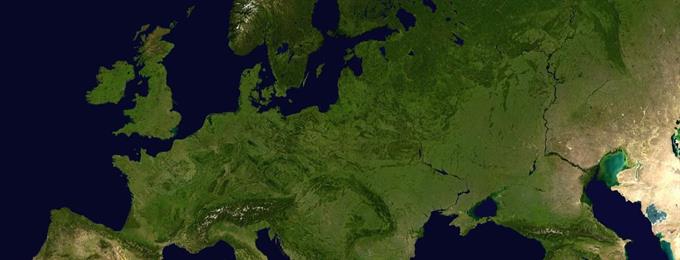Brussels is facing delays for the start of the next European Commission – and for Brexit.
It was an eventful month for the European Union – and for European education, research and innovation (ERI): The Commissioner-designate for Innovation and Youth, the current Commissioner for Digital Economy and Society Mariya Gabriel, performed well during her hearing on 30 September before the European Parliament’s (EP) ITRE (Industry, Research and Energy) and CULT (Culture and Education) Committees. Other Commissioners-designate for ERI-related portfolios, such as Margrethe Vestager for a Europe Fit for the Digital Age and Nicolas Schmit for Jobs had successful hearings as well. There was, however, one exception: The French candidate Sylvie Goulard, Commissioner-designate for Internal Market and intended to cover also defence and space, did not find the support that she needed. After two joint hearings of four committees, the respective Members of the EP refused to support her.
In total, the EP refused to accept three of the original candidates of the von der Leyen Commission. The next European Commission (EC) will therefore not be able to start its tenure on 1 November as originally planned. The earliest starting date will now be 1 December, but also this is increasingly unlikely as President-elect von der Leyen has not yet been able to formally nominate a new Romanian candidate. The delayed start of the new EC will increasingly affect the EU policy agenda and therefore the remaining aspects of the new knowledge programmes that will start in 2021. It will also influence the decision-making about the next Multiannual Financial Framework (MFF) that will outline the EU’s budget for 2021 – 2027. President-elect von der Leyen is not yet in charge while the current EC President Jean-Claude Juncker is moving into caretaker mode. Von der Leyen can therefore only informally be part of those deliberations like for example during her visit in late October to Helsinki where she discussed the MFF with the Finnish Presidency.
The EU is not only facing a delay when it comes to the start of the von der Leyen Commission, but also regarding Brexit. The United Kingdom’s departure from the bloc has been postponed for the third time after Prime Minister Boris Johnson was forced to request a delay. The European Council decided on 29 October that the UK’s withdrawal could be delayed until 31 January 2020. The extension should allow the two sides to ratify the updated UK withdrawal agreement that was negotiated in mid-October. Furthermore, the UK will now have to nominate a candidate for the EU Commission. Thus, there are now four missing Commissioners in the von der Leyen College of Commissioners. In addition, the starting date of the new EC and Brexit are also becoming more and more intertwined.
At the same time, October was also a month of some progress on Brexit. The UK’s government and the EC have agreed on a new deal that would remove the Irish backstop for the border between Northern Ireland and the Republic of Ireland and replace it with a permanent solution. The European Council endorsed this new solution and it will have to pass the EP. On the other side of the Channel, the new agreement needs to pass the UK Parliament. While that was not the case until now, the House of Commons has decided on 29 October to hold elections in the UK on 12 December. Brexit will now become the key topic in the election campaigns.

